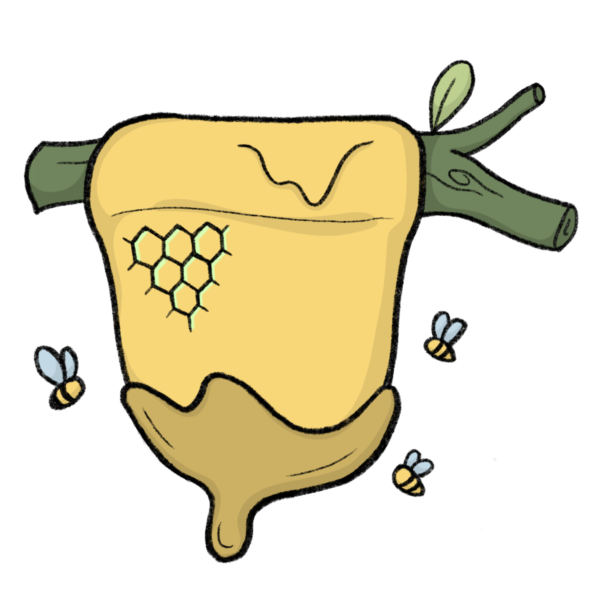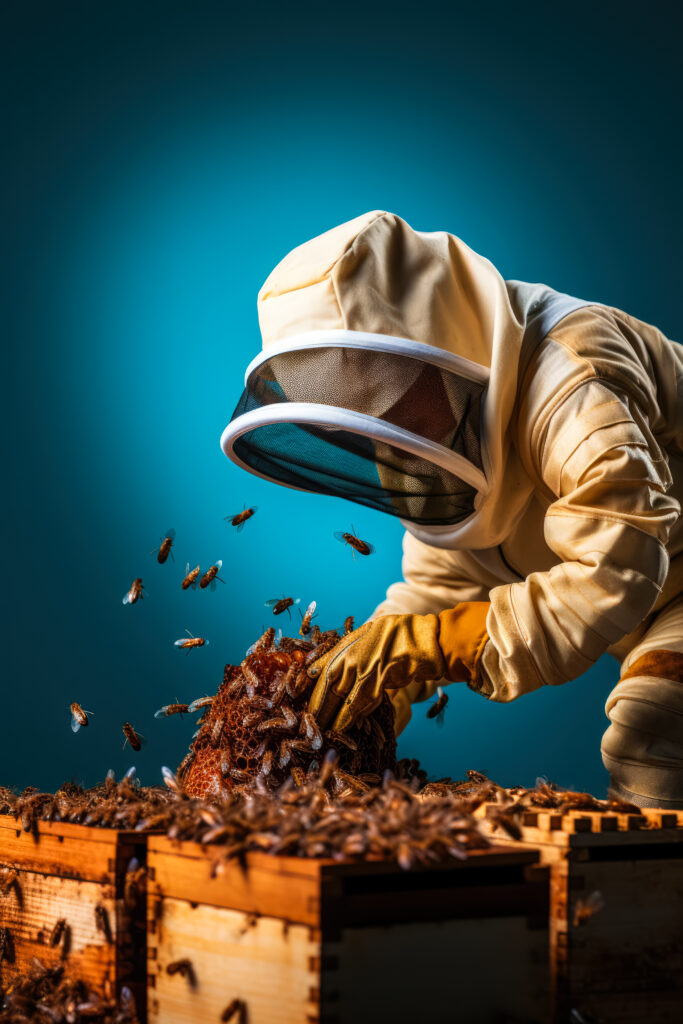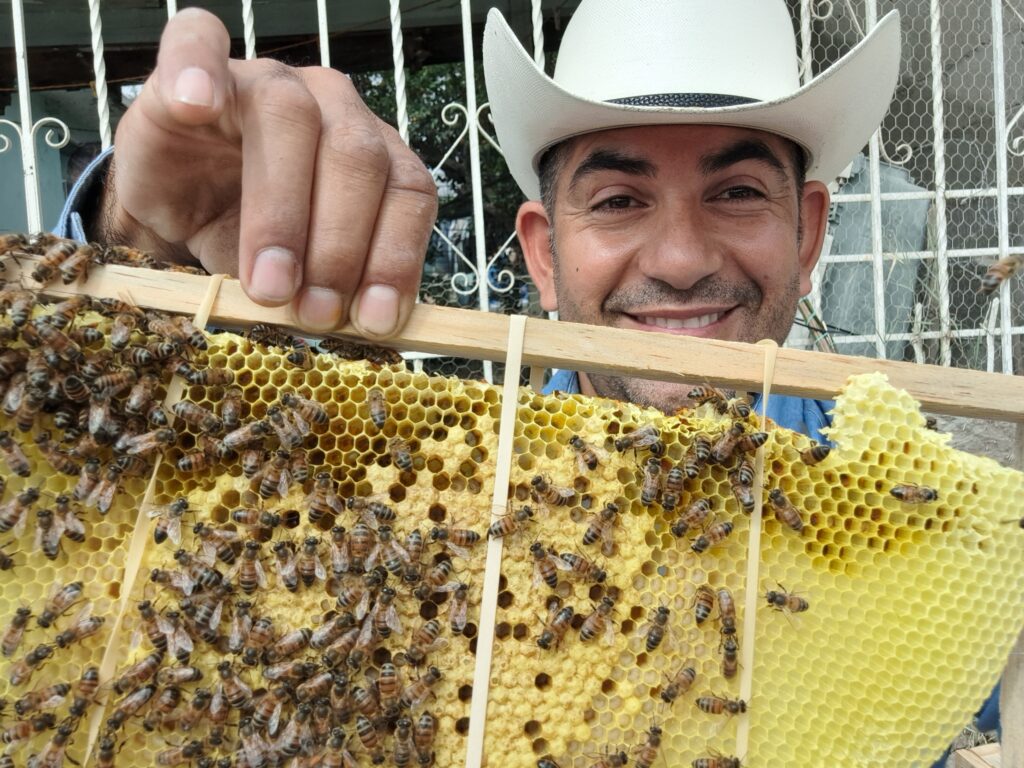Biodiversity Conservation Initiatives
Biodiversity Conservation Initiatives in Apiculture
Introduction
Apiculture, the practice of beekeeping for the production of honey, beeswax, and other bee-related products, plays a crucial role in global agriculture and the environment. However, the sustainability of apiculture is intimately tied to biodiversity conservation, as bees are indispensable pollinators for countless plant species. In recent years, there has been a growing awareness of the critical need to protect and enhance biodiversity in apiculture practices. This article delves into the concept of biodiversity conservation initiatives within the realm of apiculture, exploring their significance and examining some exemplary measures taken to promote sustainability.
The Significance of Biodiversity Conservation in Apiculture
Biodiversity is a term that encompasses the variety and variability of life on Earth, including the genetic, species, and ecosystem diversity. In the context of apiculture, the conservation of biodiversity is essential for various reasons:
Pollination Services: Bees are among the most effective pollinators, facilitating the reproduction of numerous plant species. A diverse range of flowering plants requires the pollination services of various bee species, making biodiversity critical to ensure a stable food supply and ecological balance.
Genetic Diversity: Maintaining diverse bee populations is crucial for bee health and resilience. Different bee species possess distinct adaptations to various environmental conditions and challenges, helping to ensure the survival of bees in changing ecosystems.
Ecosystem Services: Biodiverse ecosystems, including those that support diverse bee populations, provide a wide array of ecosystem services, such as water purification, carbon sequestration, and habitat for other wildlife.
Exemplary Biodiversity Conservation Initiatives in Apiculture
Efforts to conserve biodiversity in apiculture are multifaceted and occur at different scales, from individual beekeepers to international organizations. Some noteworthy initiatives include:
Pollinator-Friendly Landscaping: Beekeepers and landowners can create pollinator-friendly landscapes by planting a diverse range of flowering plants that provide food and shelter for bees. Local authorities and governments can also implement policies to encourage such practices, including the preservation of wildflower-rich habitats.
Beekeeper Education: Educating beekeepers about the importance of biodiversity in beekeeping and providing them with resources on sustainable practices, disease management, and habitat conservation is essential. This can be achieved through workshops, courses, and online resources.
Conservation Reserves: The establishment of conservation reserves and protected areas specifically for native bee species can be a highly effective measure. These areas can provide secure habitats for bees and other pollinators.
Research and Monitoring: Ongoing research is vital to understanding the biodiversity challenges facing bee populations. Research can inform conservation strategies, such as identifying the factors contributing to bee population declines and studying the role of wild bees in pollination.
Collaboration and Partnerships: Collaborative efforts among governments, beekeeping associations, environmental organizations, and researchers are instrumental in the development and implementation of biodiversity conservation initiatives. Partnerships can lead to more comprehensive and impactful actions.
Pesticide Regulation: Stricter regulation of pesticides, especially neonicotinoids and other chemicals harmful to bees, is crucial for bee conservation. Advocacy for responsible pesticide use and alternatives can help protect bee populations.
Community Involvement: Engaging local communities in bee conservation initiatives can raise awareness and garner support for biodiversity conservation. This can include organizing educational events, apiary tours, and involving schools and community groups.
Conclusion
Biodiversity conservation initiatives in apiculture are not only necessary but also attainable through a concerted effort by stakeholders at various levels. By recognizing the integral relationship between bees and biodiversity, we can foster a sustainable future for both apiculture and the ecosystems that depend on pollinators. The protection and enhancement of bee diversity not only safeguard agricultural productivity but also promote the overall health of our planet, making it an endeavor of paramount importance in the 21st century.




